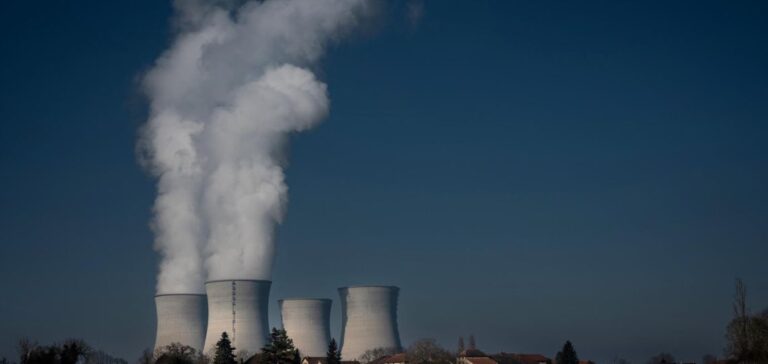The reform of nuclear safety, a controversial project of the government, should not make its reappearance via the final discussions in Parliament on the bill to accelerate nuclear power, according to sources concordant with the AFP.
The National Assembly rejected the government’s safety amendment in March, while passing the rest of the bill to speed up administrative procedures for building new nuclear reactors. However, the Minister of Energy Transition Agnès Pannier Runacher had said her intention to carry out this reform, which aims to merge the Institute of Radiation Protection and Nuclear Safety (ISRN) in the Nuclear Safety Authority (ASN) to “fluidify” the decisions.
Deputies and senators are scheduled to meet on May 4 in a joint committee (CMP) to agree on the final version of the bill, before final votes are scheduled on May 9 in the Senate and May 16 in the Assembly. But on safety, “the National Assembly has expressed itself. I regret this result because I remain convinced of the validity (of this reform, editor’s note). But the CMP respects the vote of the deputies”, said to AFP the deputy (Renaissance) Maud Bregeon, rapporteur of the text.
The deputy even supports the idea of “removing from the text any reference to the merger”, in order to “stick to the status quo” on the current organization, at this stage. For Daniel Grémillet (LR), rapporteur for the Senate, “the major subject” is the future energy policy of France. As for safety, “this is not a subject that can be dealt with on a corner of the table,” he told AFP, as senators have already expressed their anger at the late arrival of this proposal, even after their first reading vote.
A government source confirms that “it is not the objective to come back to it in CMP”. And “it is too early” to respond on the planned continuation of this reform, the Ministry of Energy Transition adds. The proposed disappearance of the IRSN is opposed by staff, parliamentarians and specialists who see it as a loss of independence, competence and the ability of experts to express themselves, at a time when France wants to launch a new reactor program.





















